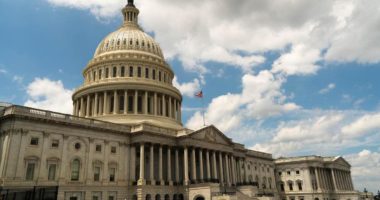Health care providers, including physicians and practitioners, have until April 5, 2021 to ensure their practices and policies comply with new requirements on information blocking from the Office of the National Coordinator for Health IT (ONC). According to the 21st Century Cures Act, health care providers are prohibited from engaging in “information blocking.”
“Information blocking” is broadly defined as an act or omission by a health care provider that is likely to interfere with access, exchange, or use of electronic protected health information (EHI) when the health care provider knows that such practice is unreasonable and is likely to prevent, materially discourage or otherwise inhibit access, exchange, or use of EHI.

ONC has indicated a health care provider’s practice of slowing or delaying access, exchange, or use of EHI may constitute information blocking. How will this impact allergy practices?
- When a patient requests his or her test results before an allergist has reviewed them, the practice would likely be required to release the results – unless an exception to the information blocking rules applies.
- Allergy practices must ensure information request requirements from patients, medical practices, etc. are met in a timely fashion and do not unreasonably delay access, use or exchange of information.
There are a number of exceptions that could permit a practice to withhold certain EHI, including the prevention of harm to the patient or another person. If a health care provider satisfies at least one exception, the provider will not be subject to enforcement action in the form of “appropriate disincentives,” which the Department of Health and Human Services has not yet established. However, failure to fall under an exception does not automatically mean that a practice constitutes information blocking. Instead, the practice would be evaluated based on the specific facts and circumstances to determine whether information blocking has occurred.
Before the April 5 deadline, practices should make sure they understand the information blocking rules and integrate them into their policies and procedures. Additionally, all administrative and clinical staff should be trained on these new or revised policies and procedures – with special emphasis on employees directly involved with patient record requests and information exchange.
For more information regarding information blocking, please refer to ONC’s website or the American Medical Association’s two-part educational resources:
- Part 1: What is information blocking? – Outlines what information blocking is, key terms to know, examples of information blocking practices, and summarizes exceptions for when physicians may restrict access, exchange, and use of electronic health information.
- Part 2: How do I comply with information blocking and where do I start? – Helps physicians start down the path of compliance, including questions to consider, considerations for maintaining a compliance program, and next steps.
The Advocacy Council – we have you covered.



